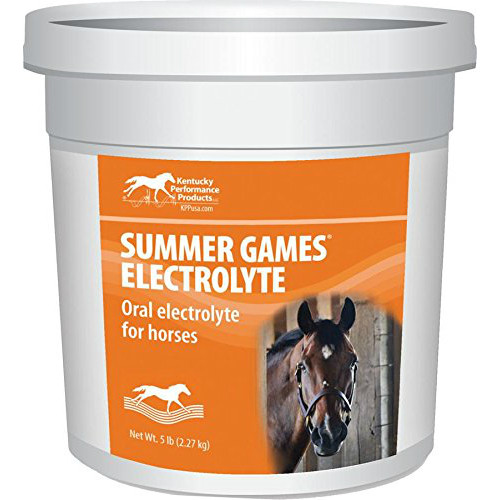* Maintains normal stomach function
* Don't let stomach ulcers derail a horse
* Has the capacity to buffer for a long period of time (minimum 6-8 hrs); most antacids buffer for a much shorter period
* Guaranteed by Kentucky Performance Products
* Made in the USA
Kentucky Performance Products Neigh-Lox – Gastric ulcer damage has been documented in 93% of horses in race training, in nearly 60% of other performance horses, and in 57% of all foals. Recreational horses and broodmares are also at risk. Unique patented formula aids in maintenance of a normal stomach environment that reduces risk of gastric ulcers. Long-acting – neutralizes excess acid and coats the stomach lining for up to 8 hours. Preventing and treating equine gastric ulcer syndrome (EGUS) is a challenge faced by many veterinarians and horse owners. Buffers large amounts of acid. Also contains compounds that coat the lining of the stomach and adhere to gastric lesions, which maintains healthy mucosa and supports healing.
Each 2 oz dose contains 5,600 mg each aluminum phosphate and dihydroxy-aluminum sodium carbonate.
Directions: Divide portions equally within a 24 hour period; Young growing horses (6-12 months) - 2-3 scoops daily; Yearlings 12-24 months of age - 4-6 scoops daily; Horses - 4-6 scoops daily. 2 oz scoop enclosed.
Guaranteed by Kentucky Performance Products.
Made in the USA.
More like nature intended.
In a natural state, horses graze constantly, producing gallons of acid-buffering saliva. Due to the combination of modern feeding and management practices, most horses no longer live this way. Limited access to pasture, the feeding of grain meals, and stressful lifestyles cause excess acid to accumulate in the stomach.
EGUS is a widespread problem among all horses.
A research project recently conducted on a band of broodmares at the University of California, Davis revealed that even though the mares had not been exposed to the conditions conducive to ulcers, the occurrence of ulcers in the mares was approximately 70%. Research done on recreational horses showed that ulcer formation can begin in a couple of days when horses are stressed due to travel or other seemingly minor changes in their routine.




